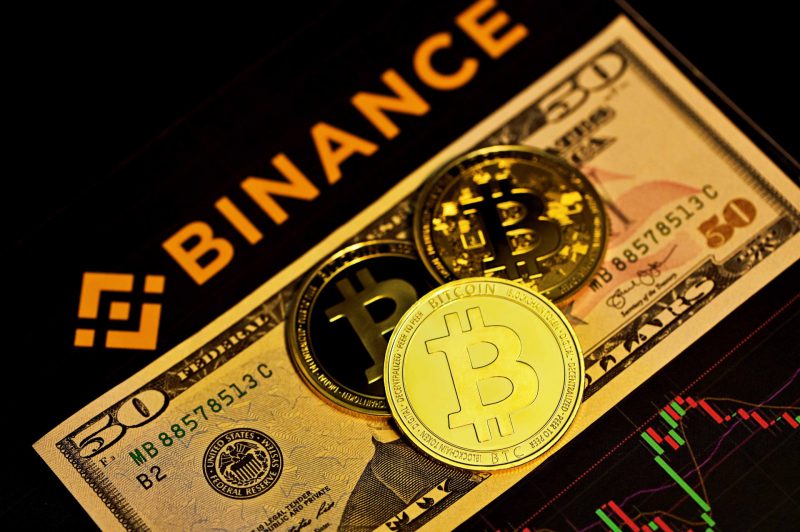The crypto-verse has been involved in a plethora of lawsuits over the past year. Binance, the largest cryptocurrency exchange, found itself entangled in one such lawsuit. The exchange was involved in a crypto scam case referred to as a “pig butchering” scheme. The plaintiff claimed that Binance was responsible for her substantial loss of $8 million. However, it appears that the court ruling did not support this claim, as a judge in Texas dismissed Binance’s alleged involvement in the case.
After losing $8 million, Divya Gadasalli, a resident of Texas, sought legal assistance. According to reports, Gadasalli fell victim to a deceptive scheme orchestrated by an individual named Jerry Bulasa. She met Bulasa on the dating app Tinder. Gadasalli was allegedly enticed with promises of both romantic and financial success. She was convinced to transfer millions of dollars as part of the “pig butchering” scheme.
Also read – Crypto Scam: What is ‘Pig Butchering’ & Why is it Becoming Popular?
Following the revelation of the scam, Gadasalli expanded her legal action to include Binance. In addition to Binance, TD Bank, Abacus Federal Savings Bank, and Poloniex were also dragged in. In addition to pursuing legal action against these entities, she sought injunctive relief. Gadasalli’s decision to involve these institutions suggested her belief that they played a role in facilitating or enabling the fraudulent activities associated with her financial loss. In Binance’s case, she suggested that the exchange was part of it, as it provided exchange services to the scammer.
No evidence was found against Binance in the case
Earlier this week, U.S. District Judge Amos Mazzant concluded that there was no substantial evidence to support the claim that Binance had actively supported or facilitated the scam in question. The judge further noted how Gadasalli “cannot point to a single fact of how the exchange is actually involved in this case.” He said,
“Based on the facts alleged, at some point, the alleged stolen money would get converted to cryptocurrency using Binance, but nothing indicates that Texas was involved in those transactions.”
Gadasalli claimed that Binance and Binance.US were essentially the same entity. She suggested that individuals were using virtual private networks [VPNs] to bypass restrictions and access the exchange’s services.
Judge Mazzant further noted that Gadasalli failed to show that the fraudulent activities involving Binance occurred within the jurisdiction of Texas. This is due to the fact that Binance and Binance.US, are prohibited from operating within the state. As a result, the judge concluded that Gadasalli’s claims against the exchange lacked the necessary evidence to establish a connection to Texas. This further limited the legal basis for her lawsuit against the exchange.





